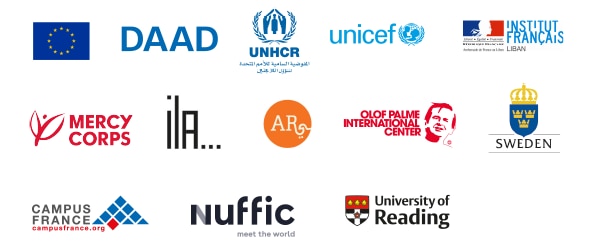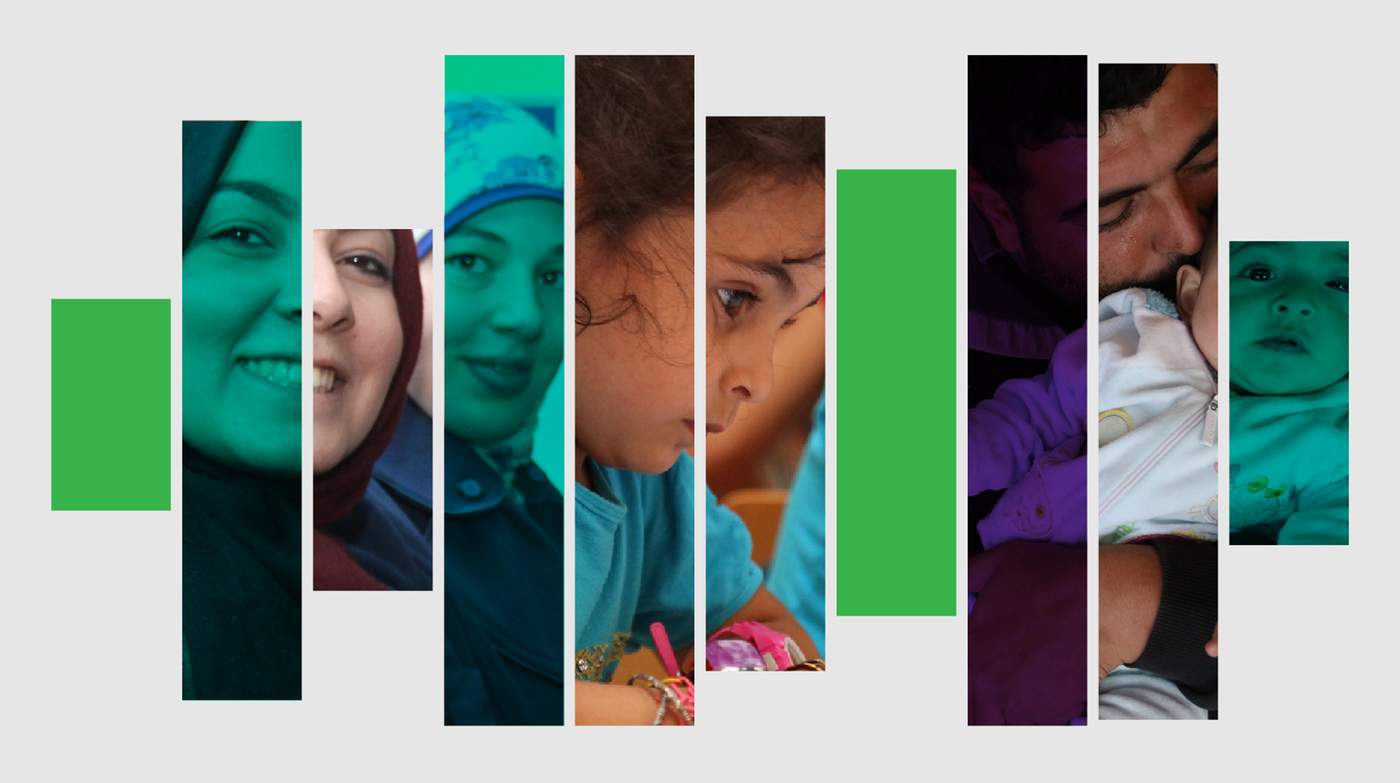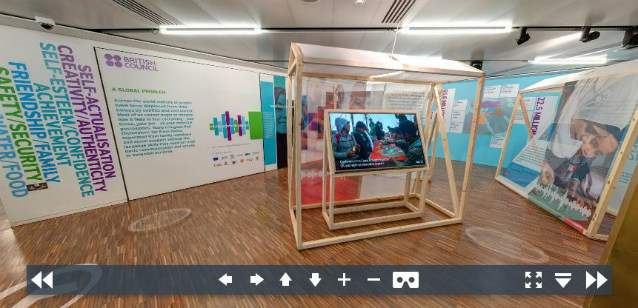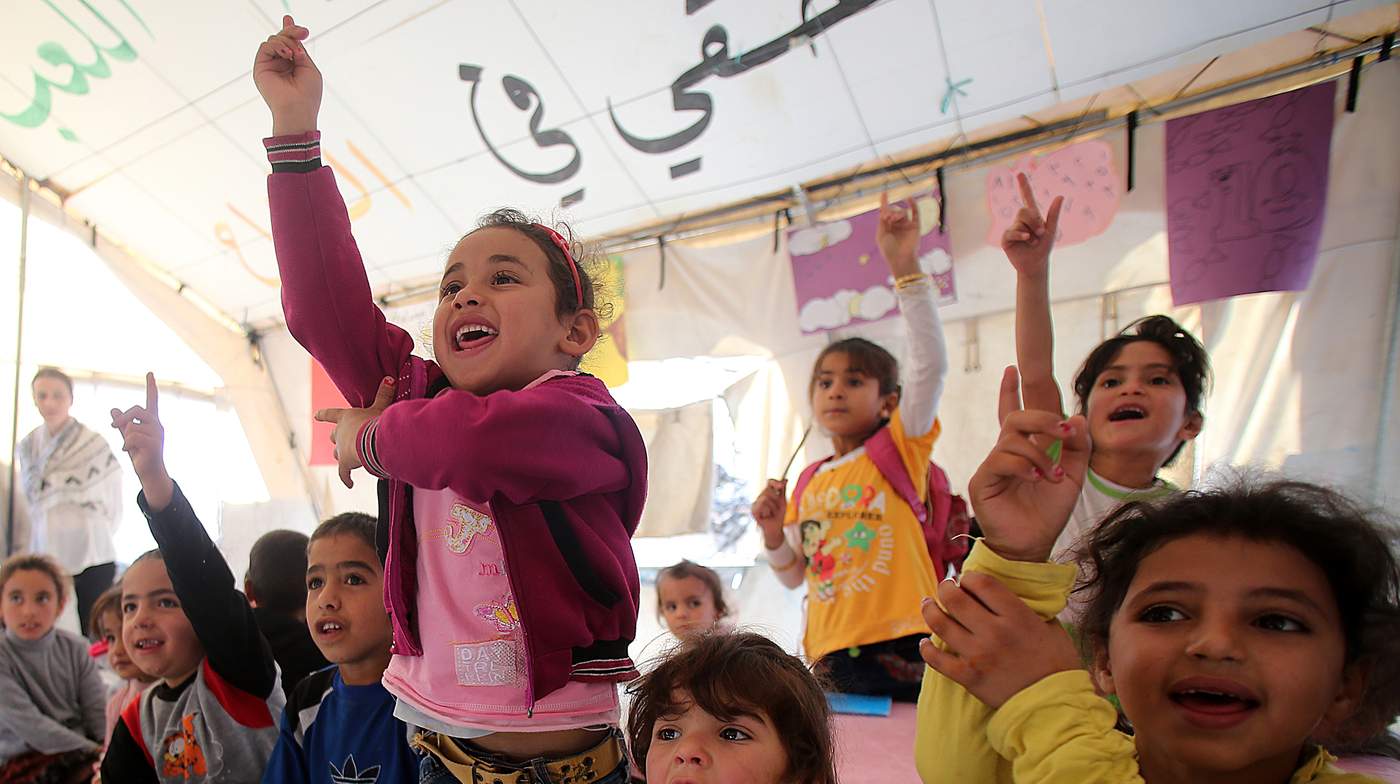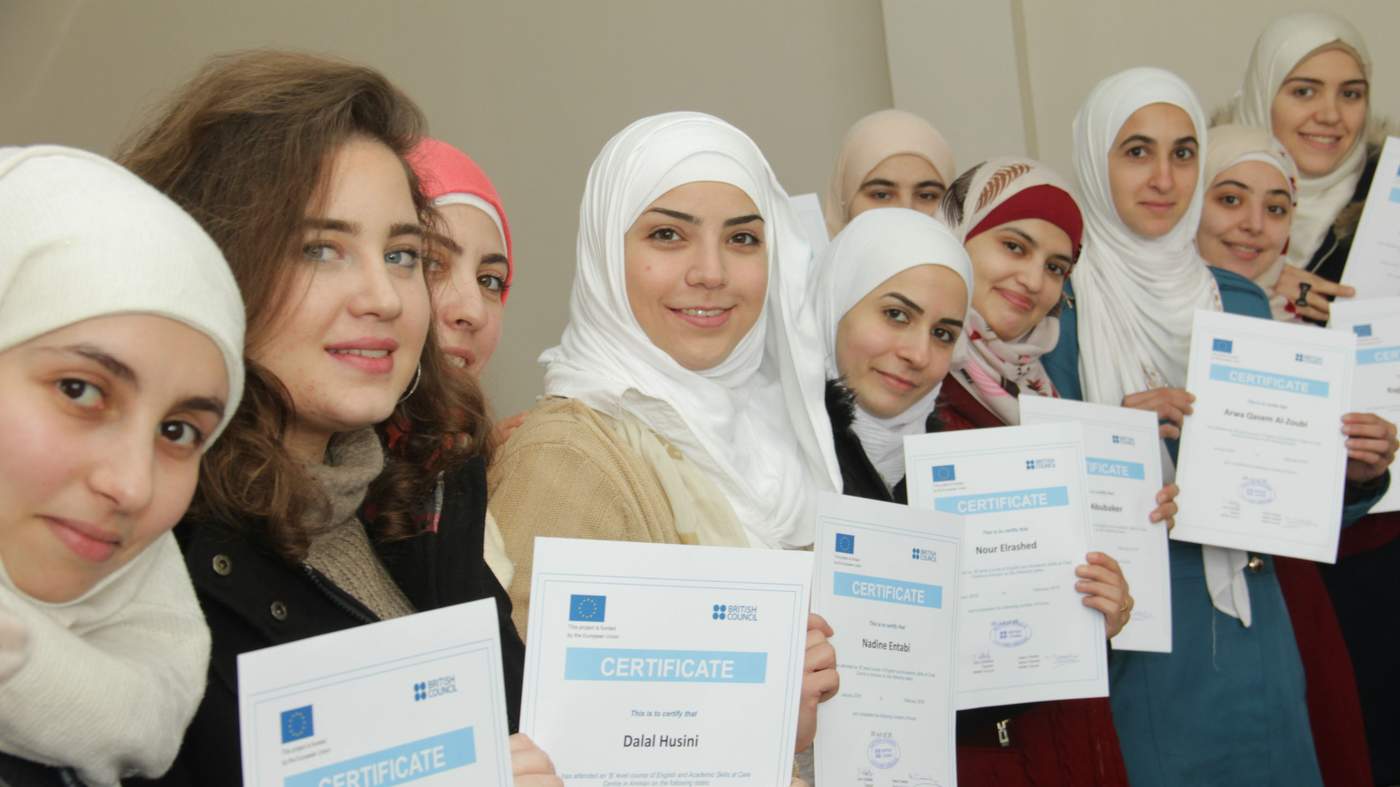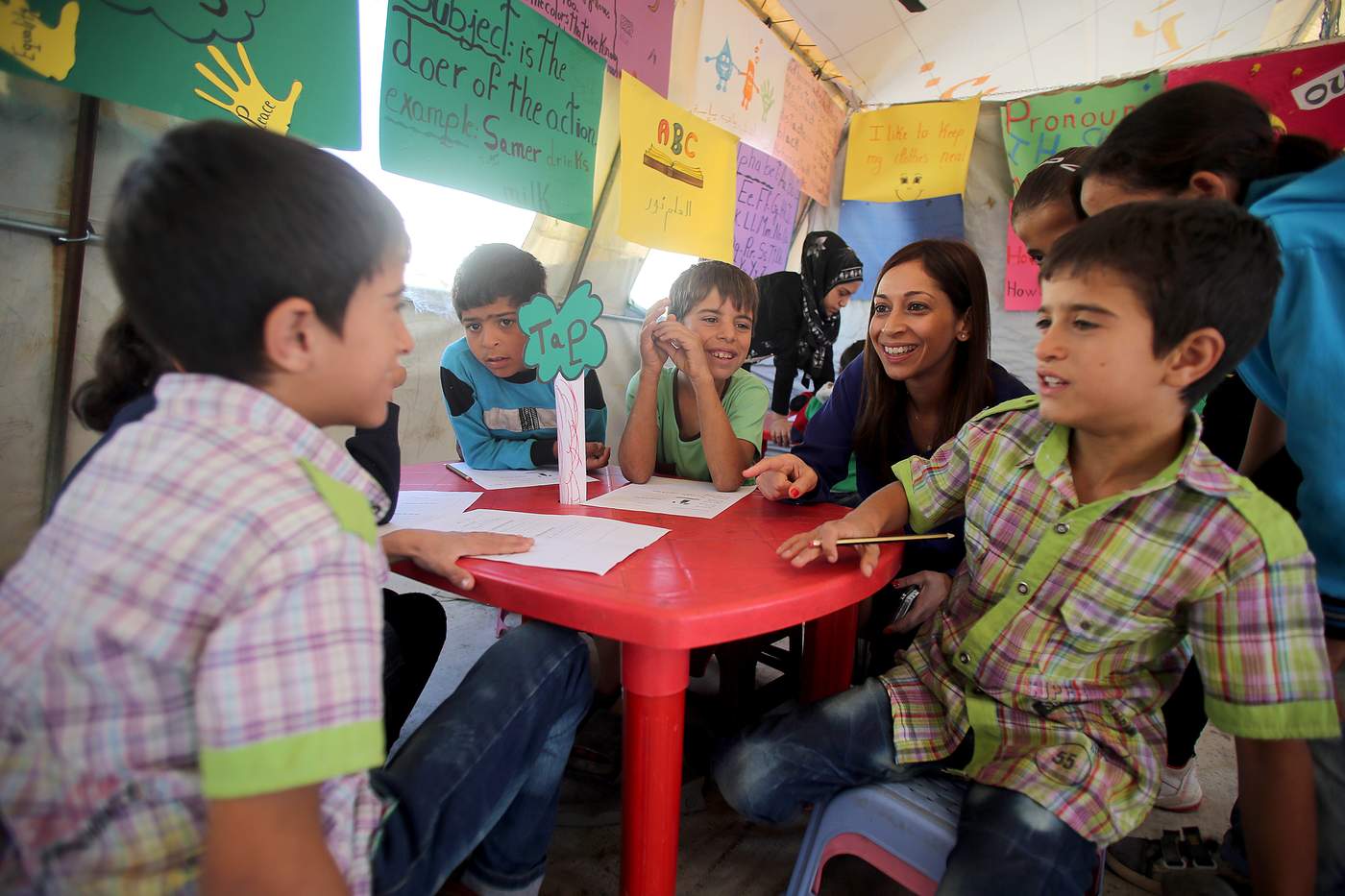Across the world millions of people have been displaced from their homes by conflict and civil unrest. Many of those displaced find themselves far from home, separated from family members and social support without the language skills they need for even basic communication and access to essential services. Education and career opportunities for both children and adults have been severely disrupted, or halted.
Language learning is absolutely essential. It helps refugees and their host communities to withstand challenges, to recover from crisis, to overcome barriers – to build resilience.
Visit the exhibition
12 February – 22 June 2018
British Council, 10 Spring Gardens, London, SW1A 2BN
#LanguageforResilience
Join the Language for Resilience partnership network.
Scroll down to find out more about Language for Resilience.
'Language is an equalizer. When a child can speak and write in the host country language they develop the confidence and self-assurance to communicate with their peers, building a solid educational foundation that serves them for the rest of their lives.'
Amin Awad, UNHCR Middle East and North Africa Bureau, Regional Refugee Co-ordinator for the Syria and Iraq Situations
Based on our work in partnership with international institutions, individuals and communities across the Middle East, Africa, the European Union and the Americas, the Language for Resilience research identifies five ways language builds resilience, whether that’s giving a voice to young people and adults, building social cohesion in host communities or providing individuals with the skills they need to access work, services, education and information.
Language and identity
Home languages provide the language skills and literacy which are the basis for learning new languages and learning in general. By protecting the use of refugees’ home languages, supporting their use in the home, throughout communities and through multilingual education, we can help break down the barriers to schooling and further education.
Join the Language for Resilience partnership network
Join the community with fellow professionals involved in language education and the humanitarian response, to collaborate on and improve knowledge of innovative language education in support of building the resilience of refugees and their host communities.
Join us on Twitter
What does resilience mean to you?
Tell us your answers and share your experience using #LanguageforResilience @BritishCouncil
Visit the exhibition
11 February – 22 June 2018
British Council, 10 Spring Gardens, London SW1A 2BN
With thanks to our Language for Resilience partners
